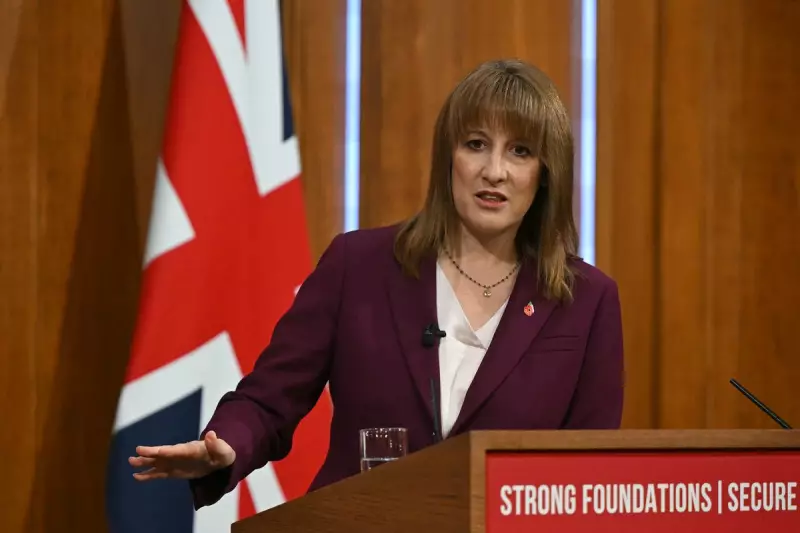
Chancellor Rachel Reeves is set to abandon a controversial plan to increase income tax in this month's Budget, according to reports.
Manifesto Pledge Protected
The Chancellor had been widely expected to break Labour's clear manifesto commitment not to raise income tax, National Insurance, or VAT as she confronts a substantial fiscal shortfall. As recently as Monday, she had hinted that the alternative to tax rises would be "deep cuts" to public investment.
However, the Financial Times has now reported that Reeves has abandoned the income tax hike plan over concerns it would anger voters and backbench Labour MPs. The decision was formally communicated to the Office for Budget Responsibility (OBR) on Wednesday.
The Fiscal Challenge
An income tax increase was seen as a potential solution to bridge a fiscal black hole estimated at up to £50 billion by some economists. Yet, proceeding would have meant a direct breach of Labour's election promises.
This prospect had already drawn criticism from within her own party. Labour's new deputy leader, Lucy Powell, warned earlier this month that breaking the pledge would severely damage "trust in politics".
What Comes Next?
With the Chancellor having vowed not to return to "austerity" and now reportedly ruling out an income tax rate increase, her options are narrowing. To adhere to her self-imposed rules on debt and borrowing, she may have to rely on increases to a wider range of smaller taxes.
Another potential measure, as suggested by the Financial Times, could be to reduce income tax thresholds while keeping the headline rates unchanged. This technical change, known as fiscal drag, could raise billions for the Treasury without technically breaking the manifesto pledge on tax rates.
The final decision will be revealed when the Chancellor delivers her Budget on November 26.





